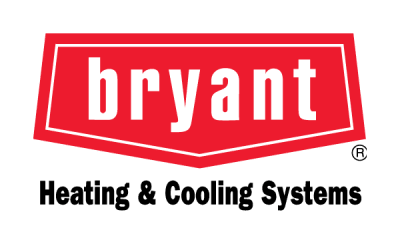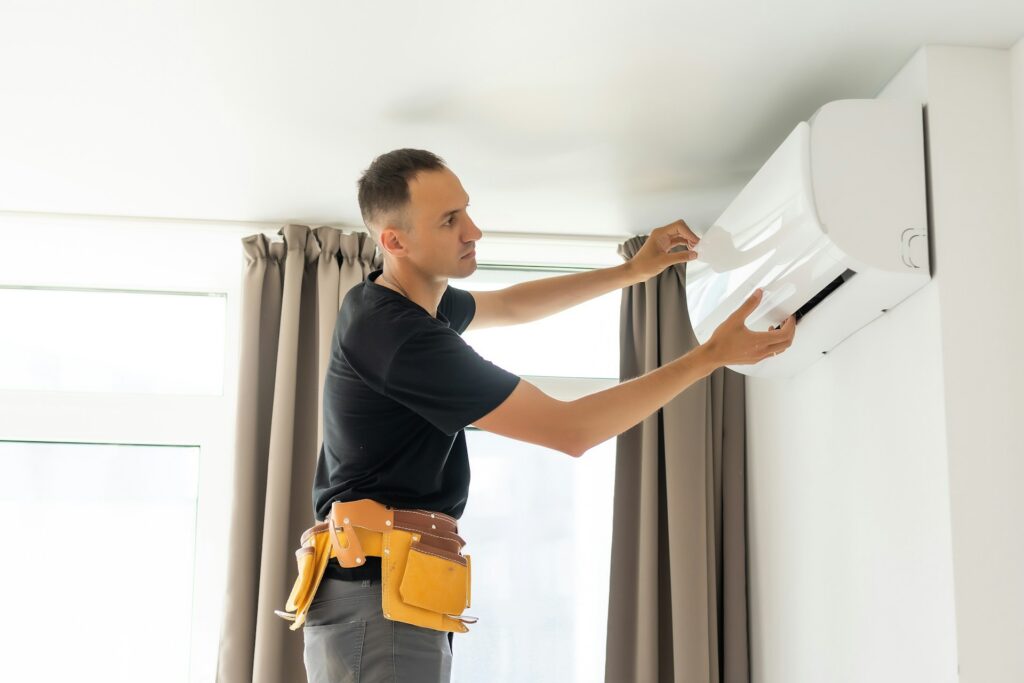If you’ve recently turned on your AC in Truckee and heard a loud, high-pitched screaming sound, you’re not alone. This noise can be startling and usually points to a serious underlying issue that shouldn’t be ignored. As summer temperatures rise, your cooling system is working overtime. Any unusual sound during operation can mean a part is wearing out, a safety feature has kicked in, or something has gone wrong that could damage the system if not handled quickly.
Ignoring the screaming sound might lead to a full system breakdown or even pose a safety risk in your home. Given how important effective cooling is during warm months in Truckee, it’s important to resolve these problems before they grow. This article outlines why your AC might scream, what is most likely causing the issue, and how a professional can help fix it properly.
Common Causes for Screaming Sounds in AC Units
Loud or high-pitched noises during AC operation are not usually a sign of small problems. They often point to something serious going wrong inside the unit. There are a few parts of your system that could be to blame for that unsettling scream. Here is what typically causes it:
1. Motor Bearings
Over time, the motor bearings inside your AC can start to wear out. When lubrication breaks down or debris builds up, friction increases, and that can lead to a howling or screeching noise. This is more common in older units or in systems that have not had regular maintenance.
2. Refrigerant Leaks
A screaming noise might also point to a refrigerant leak. This does not sound like a simple hiss. Under the right conditions, leaking refrigerant under pressure can cause a loud whistling or screaming sound. It can be dangerous and may trigger your system’s protective shutdown features.
3. High Internal Pressure
Some AC systems are designed to let out a high-pitched tone when internal pressure gets too high. This can be due to blockages, airflow trouble, or problems inside the compressor itself. If ignored, high pressure levels can damage the system or trip emergency controls meant to protect your home.
4. Faulty Belts or Pulleys
Some older air conditioning systems have belts that help run the fan or compressor. When these belts crack, slip, or become stretched, they can create loud squealing sounds. Misaligned or worn pulleys can have a similar effect, leading to strong vibrations and loud screeching noises.
Each of these issues can lead to more damage and high repair costs if not handled early. For example, one family near Truckee noticed their unit was making a terrible noise every time it started. The issue turned out to be failing motor bearings that were barely holding together. If they had waited any longer, the motor might have seized completely, leading to a costly replacement.
Whether it is mechanical wear, pressure buildup, or a refrigerant problem, these sounds all indicate that parts of your system are under strain. Left unchecked, this can shorten the life of the unit and reduce its ability to cool your home when you need it most. Addressing the source early helps avoid breakdowns and keeps your AC running smoothly through the summer.
Steps to Diagnose and Address the Screaming Sound
Once a loud screech or screaming noise is heard from the AC unit, it is a sign something must be inspected right away. This kind of sound is not something that will go away on its own. To get to the root of the issue, a full evaluation needs to cover all critical areas of the unit.
Here are some of the key steps a qualified technician will take when diagnosing and addressing this sound:
1. Check Motor Bearings
The fan motor is one of the usual suspects behind screaming noises. Our professionals will inspect the bearings to see if they are dry, corroded, or broken. If the bearings are worn out, the motor could be overheating and making noise. Replacing them early can keep the fan running more smoothly and prevent full motor failure.
2. Look for Refrigerant Leaks
Screaming sounds caused by pressurized refrigerant escaping through a pinhole or valve failure can be hard to detect without the proper tools. Our technicians use diagnostic equipment to pinpoint the source of the leak, stop it safely, and recharge the system to the correct levels.
3. Inspect for High System Pressure
If pressure inside the unit builds up higher than it should, a loud warning tone may be triggered by built-in safety features. Our professionals will check electrical components, the condenser coil, expansion valve, and airflow obstruction that might cause the pressure to spike unexpectedly.
4. Examine Belts and Pulleys
If your AC model still uses a belt to drive certain components, a slipping or cracking belt could be the root cause. Along with stretched belts, misaligned or bad pulleys can grind or squeal loudly. Our technicians inspect the belt and pulley section and replace any worn components before they break altogether.
Fixing the sound early keeps other parts from wearing out more quickly. For instance, one homeowner in Truckee delayed calling a technician after hearing mild squealing. A few days later, the compressor overworked itself and shut down. A belt repair early on would have kept that AC running much longer.
The Importance of Routine Professional AC Inspections
AC systems have many moving parts. When one section is not running well, it affects the whole unit. Routine inspections by our professionals are key to stopping small problems from turning into large failures. Any unusual sound, especially one as aggressive as a scream, is your AC’s way of telling you it needs attention.
When our technicians perform a full inspection, they are not just focused on the noise. Along with solving the immediate concern, they are looking at airflow strength, thermostat communication, wiring condition, refrigerant pressure, and more. They identify signs of stress before they result in breakdowns. This can help keep your home cooler and reduce AC repair costs over time.
Regular AC maintenance also gives you a chance to catch other performance problems that may go unnoticed. Vibrations, slow cooling, odors, and unusual energy use can all be signs of related issues.
Keeping Your Truckee AC Quiet and Reliable With Proper Maintenance
For homeowners in Truckee, maintenance plays a key role in system lifespan and performance. Hot summers push cooling systems hard, and without routine upkeep, more wear and tear builds up quickly. Scheduling inspections before peak usage helps prevent surprise problems and keeps your home comfortable during the hottest weeks.
A few best practices include:
– Changing filters every one to three months depending on usage
– Clearing debris around the outdoor unit to promote airflow
– Checking that all vents are open and unobstructed
– Listening for changes in noise or cooling patterns
– Reporting strange smells, loud sounds, or longer cooling cycles early
It is much more affordable and easier to keep an AC unit tuned than to repair or replace one after major damage. Many AC systems that make loud screaming noises have experienced preventable issues over time. A scheduled visit from our technicians can help spot red flags early, extend your system’s life, and restore quiet performance.
The screaming sound from your AC is one of the clearest signs that a breakdown might be near. Whether it is a failing motor, leaking refrigerant, or unsafe pressure levels, these problems do not go away on their own. If you live in Truckee and hear something unusual, do not ignore it. A reliable, quiet AC depends on fast action and expert attention at the first sign of trouble. Addressing strange noises right away helps keep your home cool and your system running smoothly now and during future summers.
If your AC keeps making disruptive screaming sounds, addressing the issue promptly can help prevent a full system failure and even a complete overhaul later on. Homeowners in Truckee can explore professional options for AC replacement in Truckeeto determine whether a targeted repair or a full replacement is the most effective solution. BAEHR Heating & Air is ready to provide expert support and reliable service. For a quick estimate or to book a service visit, please contact us today.


